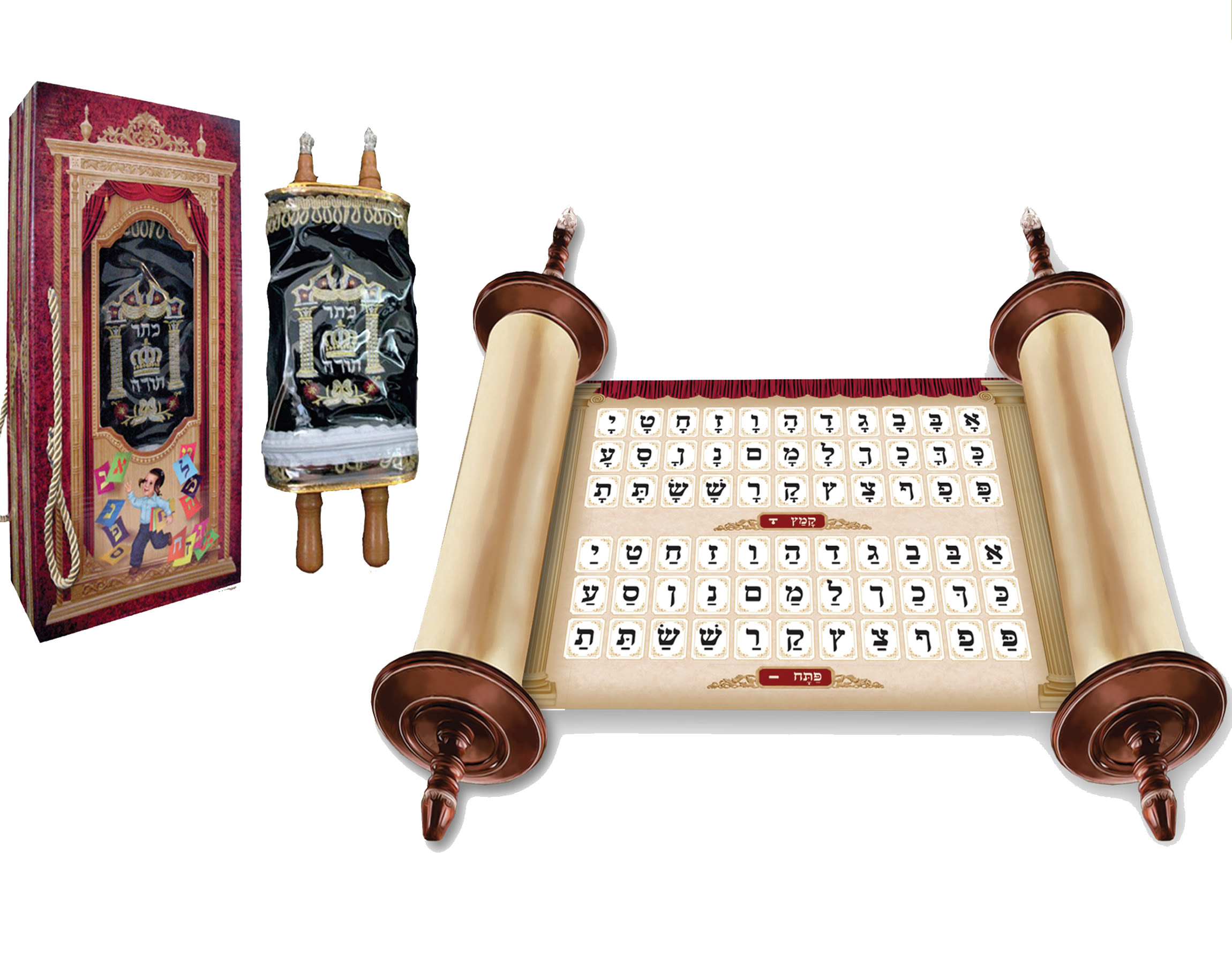
The Unlimited Pantry
Hashem feeds us, even in the most extenuating of circumstances, like in the middle of a war when the supply trucks can't make it through to the front lines...

Stop and think: did you ever lack an available source of food? Did you ever go for an entire day without eating? We’re not talking about a public fast day like Yom Kippur or Tisha B’Av, when we voluntarily refrain from eating while the refrigerator is packed to the gills with delicacies that await us as soon as the fast is over. We’re also not talking about a situation where we were driving along the interstate freeway and extremely hungry, with another hour to go until we reach the nearest gas station and canteen. We’re talking about hunger, with no food in sight. Few of us, if any, have ever experienced such deprivation, thank G-d.
During my many years of military service, especially during wartime in areas of raging conflict, there were circumstances when the supply trucks couldn’t reach us. Yet, somehow or another, we never starved. Once, my squad was bivouacked next to a carob tree; it was better than a gold mine. For three days, we lived on carobs. On another occasion, we took cover behind a rock-terraced overgrown thicket that had once been a vineyard. Finding untouched bunches of ripe, juicy, plum-colored grapes in the middle of a war was better than winning $50 million in the Irish lottery. There were times when we couldn’t find a source of water, yet there we’d discover a patch of nettle weeds, whose roots taste like celery, contain 90% water and an abundance of iron,  calcium, and dietary fiber. They’d sustain us until the supply trucks arrived. So now, years later, I’m still here to attest that we didn’t starve.
calcium, and dietary fiber. They’d sustain us until the supply trucks arrived. So now, years later, I’m still here to attest that we didn’t starve.
In Judaism, there is a legally binding concept of a chazaka, an established pattern. Anything that occurs three times in a row is called an established pattern. For example, if a person can successfully perform a task three times in a row, then it’s an established pattern that he is competent. As such, if attaining a driver’s license were according to the precepts of Torah law, one would be required to drive around the block and successfully park the car three times in a row. The principle of the established pattern permeates all of Jewish law.
There are 365 days in a year. Most of us eat three meals a day. Here and there we skip a meal, and on other occasions, we eat between meals. So roughly speaking, we eat approximately one-thousand meals per year. With this in mind, a thirty year-old person has eaten thirty thousand times in a row. The only time when he or she didn’t eat was when they voluntarily chose not to eat, like on a fast day, or when they was so busy with an important project that they didn’t have time to eat, but that too was a matter of free choice. Food was still available, had they desired to eat.
If Hashem has fed us three times in a row, it is a halachically binding concept that He will always feed us. But no, Hashem has not merely fed us three times in a row. He has provided the bread on our table twenty, thirty, forty, fifty, sixty, seventy, and eighty thousand times in a row, depending on how old we are.
Shouldn’t we trust Him by now? Hasn’t Hashem proven Himself? If we humans do a favor for someone a mere once or twice, yet they don’t thank us or trust us, we become more than indignant. Is it fair that we should do the same to Hashem?
Bitachon, trusting in Hashem that He’ll put the next meal on the table just as He has done so before countless times, takes the worry out of life. My beloved teacher Rav Shalom Arush shlit’a defines bitachon as emuna in financial matters. Hashem has proven Himself over and over again. There’s no need to worry because His pantry is unlimited.












Tell us what you think!
Thank you for your comment!
It will be published after approval by the Editor.